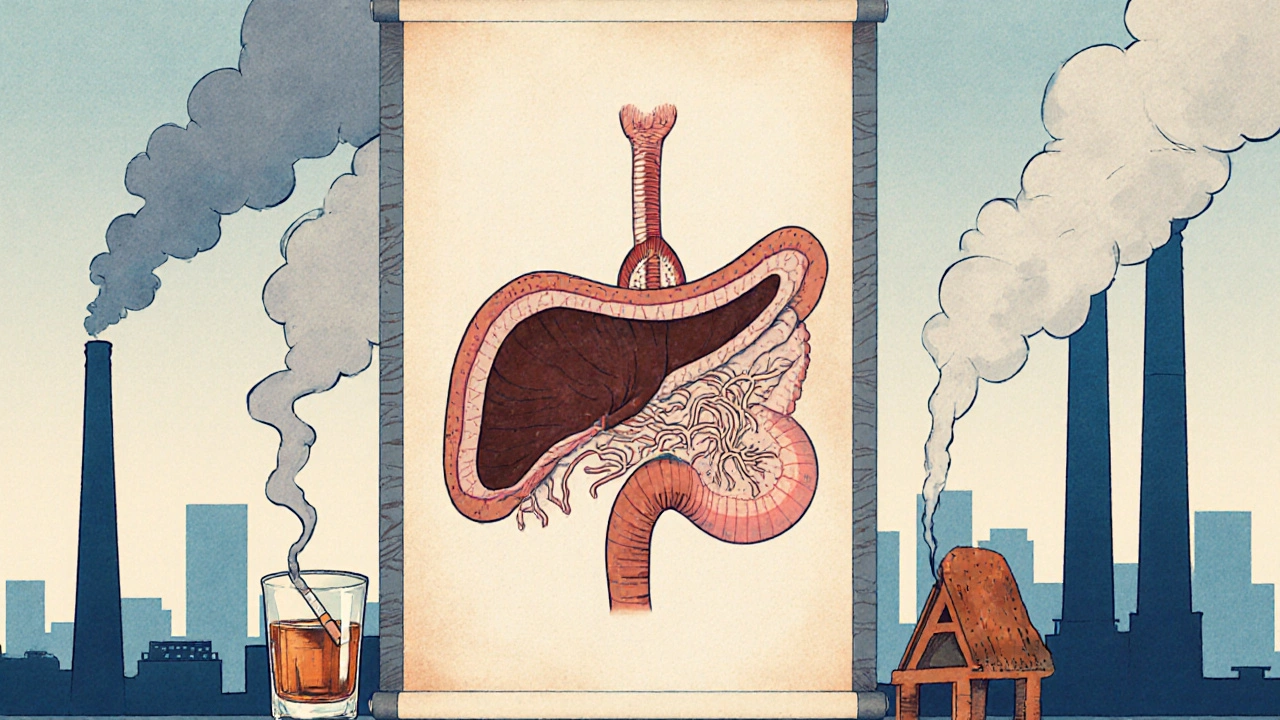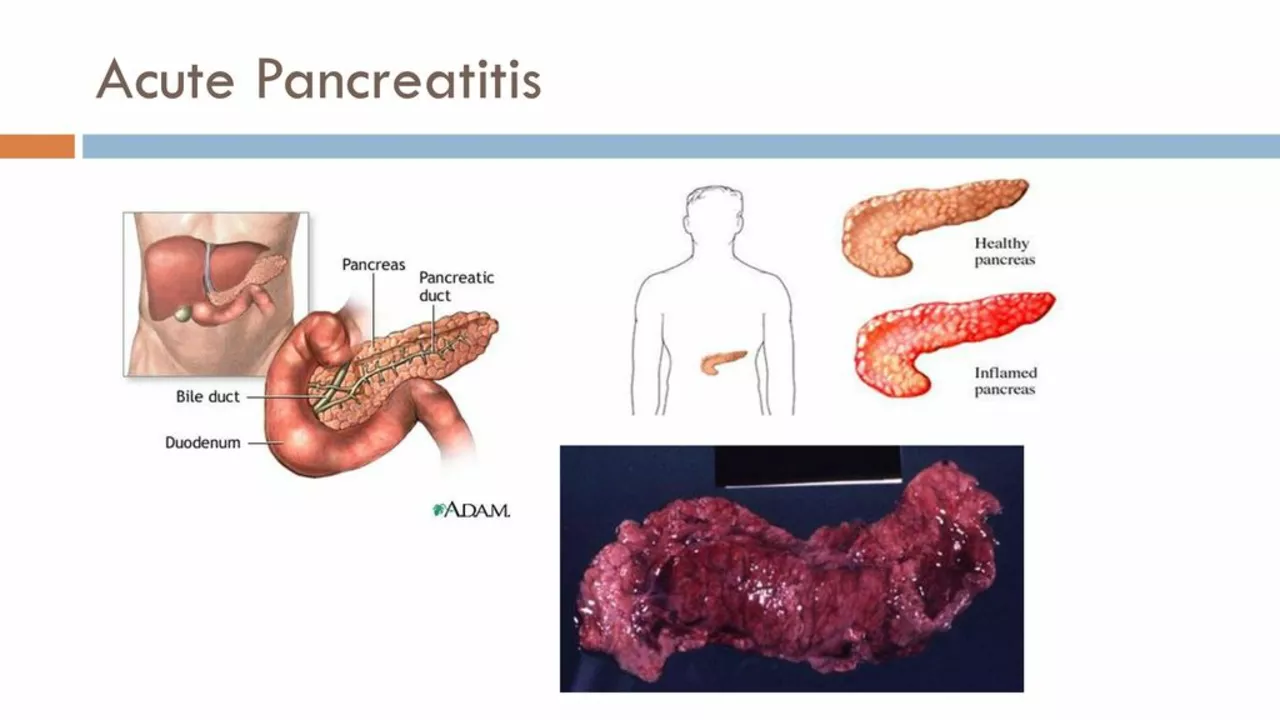Medical Research – Latest Findings You Can Use Today
If you’re curious about what’s really happening in the world of medicines and disease studies, you’ve come to the right spot. We break down fresh research into bite‑size pieces so you can see why it matters for your health or work.
Colchicine: More Than a Gout Drug?
Most people know colchicine as the go‑to treatment for gout attacks, but researchers are now testing it for heart disease, liver fibrosis, and even some cancers. A recent trial showed that low‑dose colchicine lowered inflammation markers in patients with chronic coronary syndrome, which could mean fewer heart events down the line. In liver studies, the drug seemed to slow scar tissue formation, offering a potential new tool against cirrhosis.
Scientists warn that we still need bigger studies before doctors start prescribing colchicine for these off‑label uses. Still, the early signals are exciting because the medication is cheap and already approved, so moving it into new areas could happen faster than developing a brand‑new drug.
Velpatasvir and Ongoing Hepatitis C Fight
Hepatitis C has become a much more treatable disease thanks to antivirals like velpatasvir. When combined with sofosbuvir, velpatasvir hits all known genotypes, giving cure rates above 95% in many real‑world settings. That’s huge for patients who previously faced limited options.
Even with these breakthroughs, the virus still infects millions worldwide and can cause severe liver damage if left unchecked. Researchers are now looking at shorter treatment courses, easier dosing, and ways to make therapy affordable in low‑income regions. The goal is simple: wipe out hepatitis C for good.
Pancreatic Duct Blockage Links to Autoimmune Trouble
A surprising connection has emerged between blocked pancreatic ducts and autoimmune diseases. When the duct gets clogged, it triggers inflammation that can confuse the immune system, leading it to attack the body’s own tissues. Studies have linked this chain reaction to conditions like type 1 diabetes, celiac disease, and lupus.
Understanding this pathway opens new doors for prevention. If doctors catch a duct blockage early—through imaging or symptom checks—they might intervene before the immune system goes haywire. It also gives researchers a fresh target for drugs that could calm the inflammation without suppressing overall immunity.
All three topics show how fast medical research can turn a small finding into a potential game‑changer. Whether it’s repurposing an old drug, perfecting a viral cure, or uncovering hidden links between organs and immunity, staying updated helps you make smarter health choices.
Want more deep dives? Check out each article below for detailed study results, expert opinions, and what the next steps look like. Keep reading, keep questioning, and stay ahead of the curve in medical breakthroughs.
IgA Nephropathy: Prognosis and Current Therapies in 2026
IgA Nephropathy is the most common cause of primary kidney inflammation worldwide. New 2025 guidelines recommend combining targeted therapies like Nefecon with blood pressure control to slow progression. Learn the latest prognosis, treatment options, and real-world challenges.
Alzheimer’s Disease: Understanding Memory Loss, Progression, and Current Treatments
Alzheimer’s disease causes progressive memory loss and cognitive decline. Learn how it progresses, what treatments work today - including the new FDA-approved drugs - and how lifestyle changes can help slow it down.
International Patent Expiration: How Timelines Vary Around the World
Patent expiration isn't the same worldwide. While 20 years from filing is the standard, delays, fees, drug extensions, and local laws can make patents expire months or years earlier-or later-depending on the country.
Crossover Trial Design: How Bioequivalence Studies Are Structured
Crossover trial design is the gold standard for bioequivalence studies, using each participant as their own control to compare generic and brand-name drugs efficiently. Learn how it works, why it's preferred, and what happens when it fails.
Blood Level Testing: When Clinicians Should Order NT-proBNP Tests
NT-proBNP blood testing is a critical tool for ruling out heart failure quickly and accurately. Learn when clinicians should order it, how to interpret results based on age and kidney function, and why it's the gold standard in cardiac diagnostics.
Pancreatic Cancer and the Environment: Exploring the Link
Explore how smoking, diet, pollution, and other environmental factors influence pancreatic cancer risk and learn practical steps to lower your odds.
The potential off-label uses of colchicine in medicine
In my latest blog post, I explored the potential off-label uses of colchicine in medicine. Colchicine, a drug generally used for treating gout, has shown promise in various other medical conditions. Some studies suggest its potential in treating heart diseases, liver fibrosis, and even certain cancers. However, it's crucial to note that more research is needed to confirm its effectiveness and safety in these conditions. I encourage my readers to stay updated on the latest findings regarding this versatile drug.
Velpatasvir and the Importance of Continued Hepatitis C Research and Development
As a blogger, I cannot stress enough the importance of continued Hepatitis C research and development, especially with groundbreaking medications like Velpatasvir making significant strides in treatment. Velpatasvir, when combined with other antiviral drugs, offers a highly effective treatment for various Hepatitis C genotypes, helping millions of people worldwide. However, our work is far from over, as Hepatitis C still affects millions of people and can lead to severe liver complications. By investing in further research and development, we can discover new treatment options and work towards eradicating this global health threat. Together, let's raise awareness about the significance of Velpatasvir and other advancements in Hepatitis C treatment to encourage further progress in this vital field.
The Connection between Pancreatic Duct Blockage and Autoimmune Diseases
In a recent study, I found a fascinating connection between pancreatic duct blockage and autoimmune diseases. The blockage in the pancreatic duct can lead to inflammation, which may trigger the immune system to attack the body's own tissues. This, in turn, can result in the development of autoimmune diseases like type 1 diabetes, celiac disease, and lupus. It's crucial to recognize these connections to find better treatment and prevention strategies for people suffering from these conditions. As a blogger, I am committed to raising awareness on this topic and promoting further research to improve the lives of those affected by autoimmune diseases.








